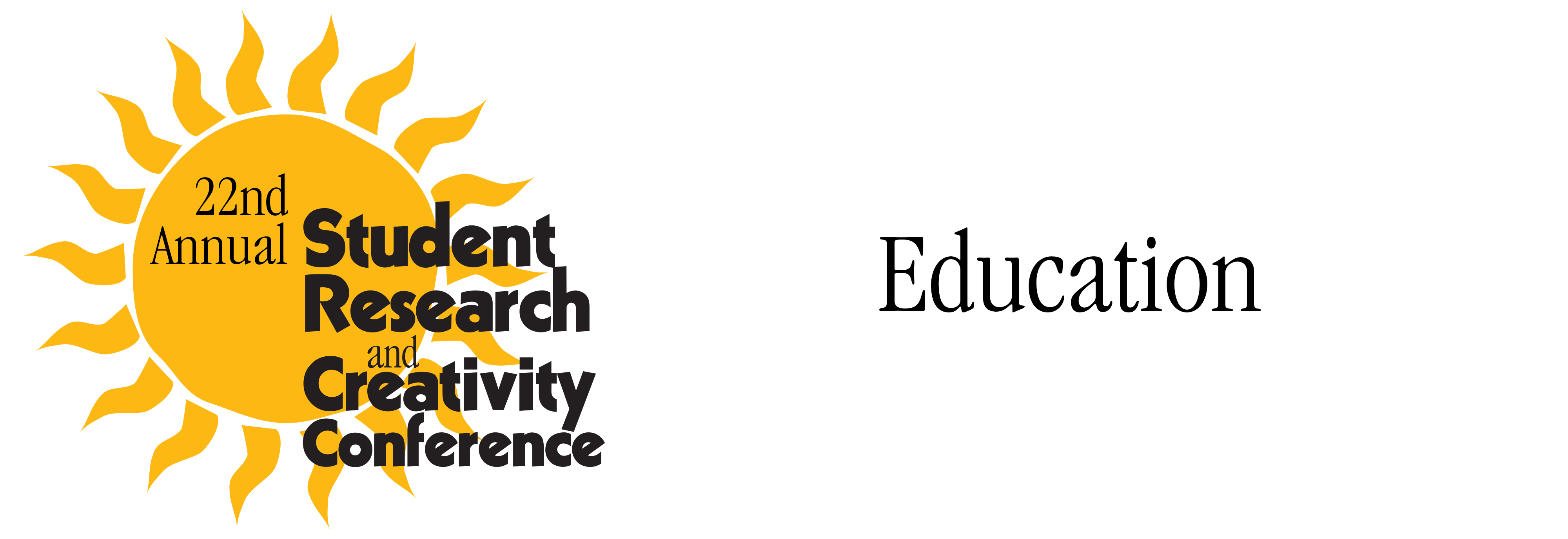

Title
The Power of Play in Kindergarten
Files
Description
Viani Saez-Acevedo and Sonia Bonilla, EDU 201: Introduction to Education
Faculty Mentor: Professor Sandra Washington-Copeland, Director, Buffalo Urban Teacher Pipeline Residency Undergraduate Program
Our research reviews current literature on the importance of play and includes experts’ recommendations on the amount of time that should be allotted for play in a school day. Play is the engine of learning and a vital force for young children’s physical, social, and emotional development. Through play, children experience empathy, collaboration, problem-solving, leadership skills and kindness. Research studies have found that there is a strong correlation between play and foundational capacities of memory, self-regulation, oral language abilities, social skills, and success in school. However, the current focus has shifted to academics with limited playtime. Children in kindergarten now spend more time being taught and tested on literacy and math skills than they do learning through play and exploration, exercising their bodies and using their imaginations. This shift has caused behavioral problems and difficulty with focusing when learning. As teacher assistants who work in kindergarten, we have witnessed first-hand the toll that demanding academic work has on kindergarteners. Students got out of their seats to move around, had difficulty focusing, were falling asleep, and cried from mental fatigue and stress. Every child deserves to grow and learn in a play-based classroom. Our research is ongoing: future research will include recommendations on ways to incorporate more play in the classroom to complement the academic curriculum.
Publication Date
2020
Disciplines
Education
Recommended Citation
Saez-Acevedo, Viani and Bonilla, Sonia, "The Power of Play in Kindergarten" (2020). Education. 22nd Annual Student Research and Creativity Conference. SUNY Buffalo State.
https://digitalcommons.buffalostate.edu/srcc-sp20-edu/26



